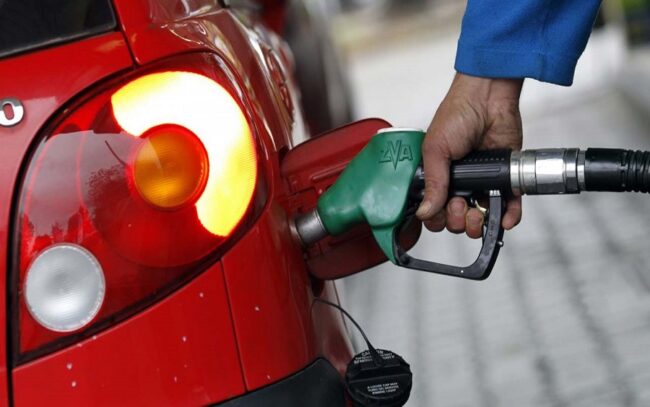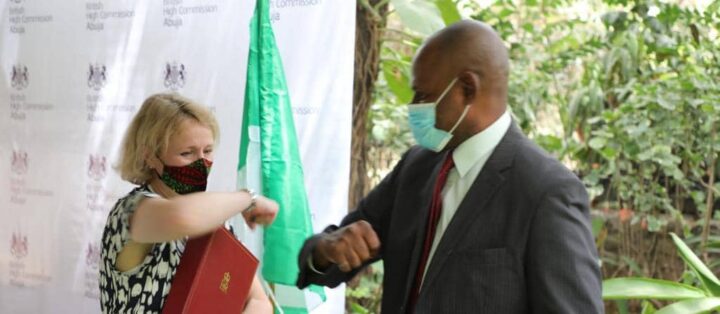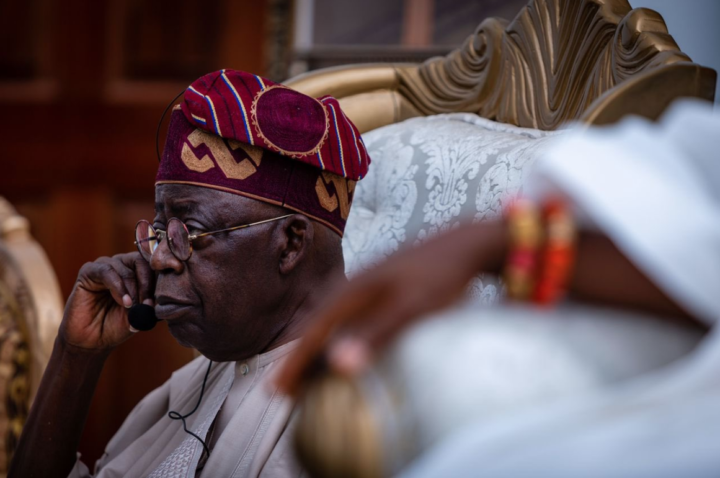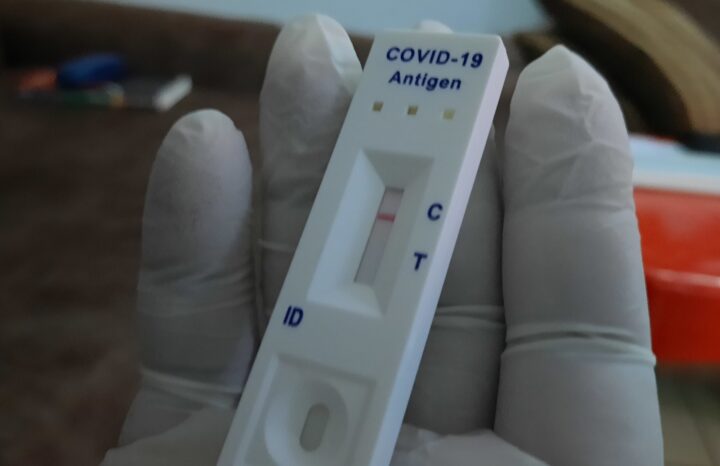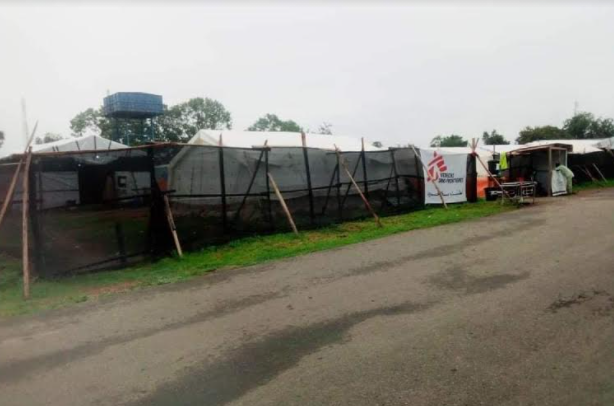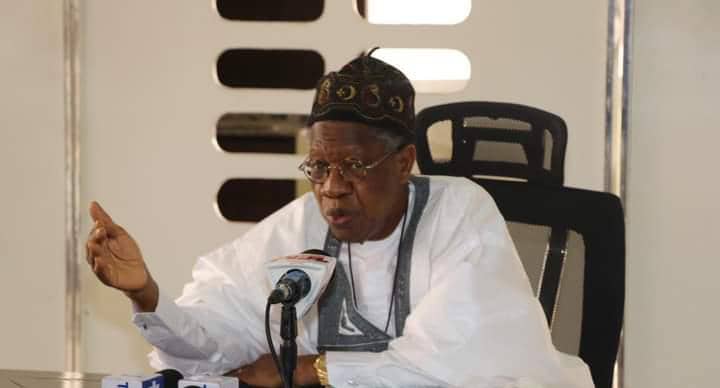SBM Intelligence, a geopolitical research firm, says despite petrol subsidy payments, transport costs and petrol prices increased disproportionally from 2017 to 2021.
SBM said this in a new report by the research firm titled ‘Growing Fuel Subsidy and Transport Costs: Which Way Forward, Nigeria?’
It said over five years, petrol prices increased by 12.1%, petrol subsidy by 890% and transport cost by 283%.
According to the report, from 2017 to 2021, transport costs witnessed a steady rise where fuel price was almost constant.
Advertisement
“This suggests that there are other factors driving the transport cost and also artificially keeping fuel price down. And the answer wasn’t far-fetched in the huge amounts that went into fuel subsidy for the period,” SBM Intel said.
In a bid to keep fuel prices down, the federal government continues to cater for petrol subsidies which have continued to rise over the years.
“To retain the pump fuel price at N145 in 2017, the NNPC had said that it spent N144.53 billion in subsidising petrol, whereas transport cost ranged from N122 to N138, an obvious rise. In fact, fuel price decreased by $0.06,” it added.
Advertisement
It said between 2017 and 2018, the cost of fuel subsidy had increased by a whopping 405% yet fuel price remained constant all through.
By 2019, the cost reduced by 25%, but the decrease is insignificant in comparison with the initial 405% increase.
Furthermore, it noted that 2020 saw an alarming spike as the government incurred N1.192 trillion on subsidy, more than double the cost for 2019.
By 2021, subsidy had gulped N1.43 trillion, a stunning rise of 890%, over the five years.
Advertisement
The NNPC had requested N3 trillion from the government to fund the subsidy this year, after the FG shelved plans to “withdraw subsidy by January 2022 as demanded by the Petroleum Industry Act (PIA), which was signed into law in August 2021”.
On the other hand, the price paid by Nigerians at the pump “only rose from N145/litre to N165/litre between January 2017 and December 2021, an increase of 12.1%. In dollar terms, the price of petrol even dropped from $0.49 in January 2017 to $0.40 in December 2021”.
The firm said even though the price of petrol has only risen slightly in that period, transportation costs across Nigeria have risen more significantly.
“By November 2018, transport cost had risen to N192.46, a 12% increase over the price in December 2017, yet fuel price remained constant all through,” it said.
Advertisement
“Between December 2018 and December 2019, the cost of transport further increased by 36%, with no change in fuel price.
“Between December 2019 and May 2020, cost of transport spiked by 208%, the highest increase within 2017 and 2020. This was at a time when the country was hit by COVID-19.
Advertisement
“Around this time (April to June 2020), petrol price was reduced to N125, yet transport cost didn’t reduce. Instead, it skyrocketed to N611.92 in May 2020.”
According to the research firm, this confirms that transport cost in Nigeria is not driven solely by fuel price.
Advertisement
“In July and August 2020, fuel price returned to the initial N145, and by September, it sold for N162 and remained constant for the rest of the year,” SBM Intel said.
“But interestingly, transport cost kept increasing monthly. It never remained constant. By the end of 2020, the cost of fuel subsidy amounted to N1.192 trillion, more than double the cost for 2019.
Advertisement
“Similarly, the cost of transport as of December 2020 had doubled what it was as at January 2019. Between 2020 and 2021, fuel subsidy cost increased by almost 20%, transport cost increased by a corresponding 33% while fuel price increased at a meagre 1.8%.”
Add a comment
